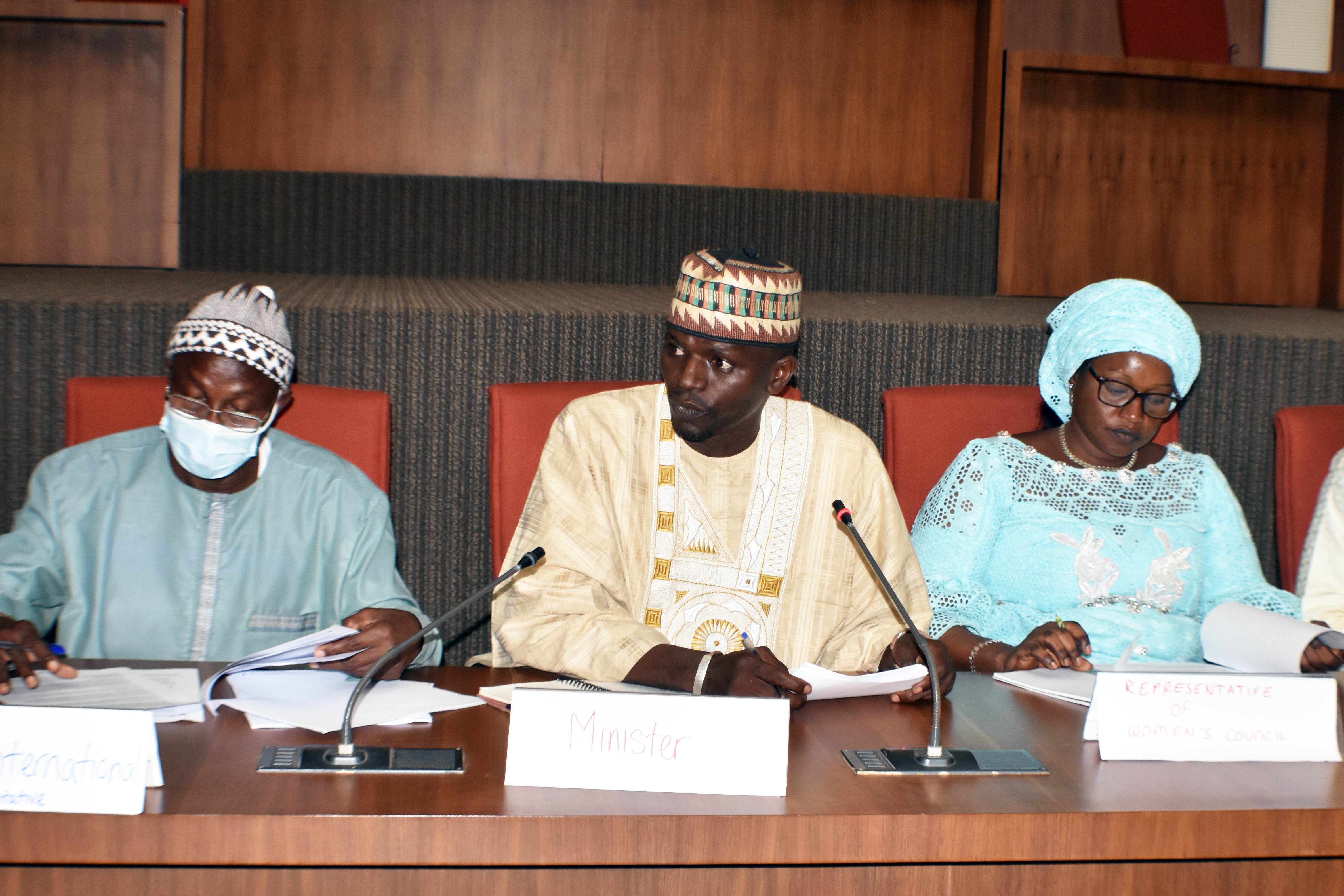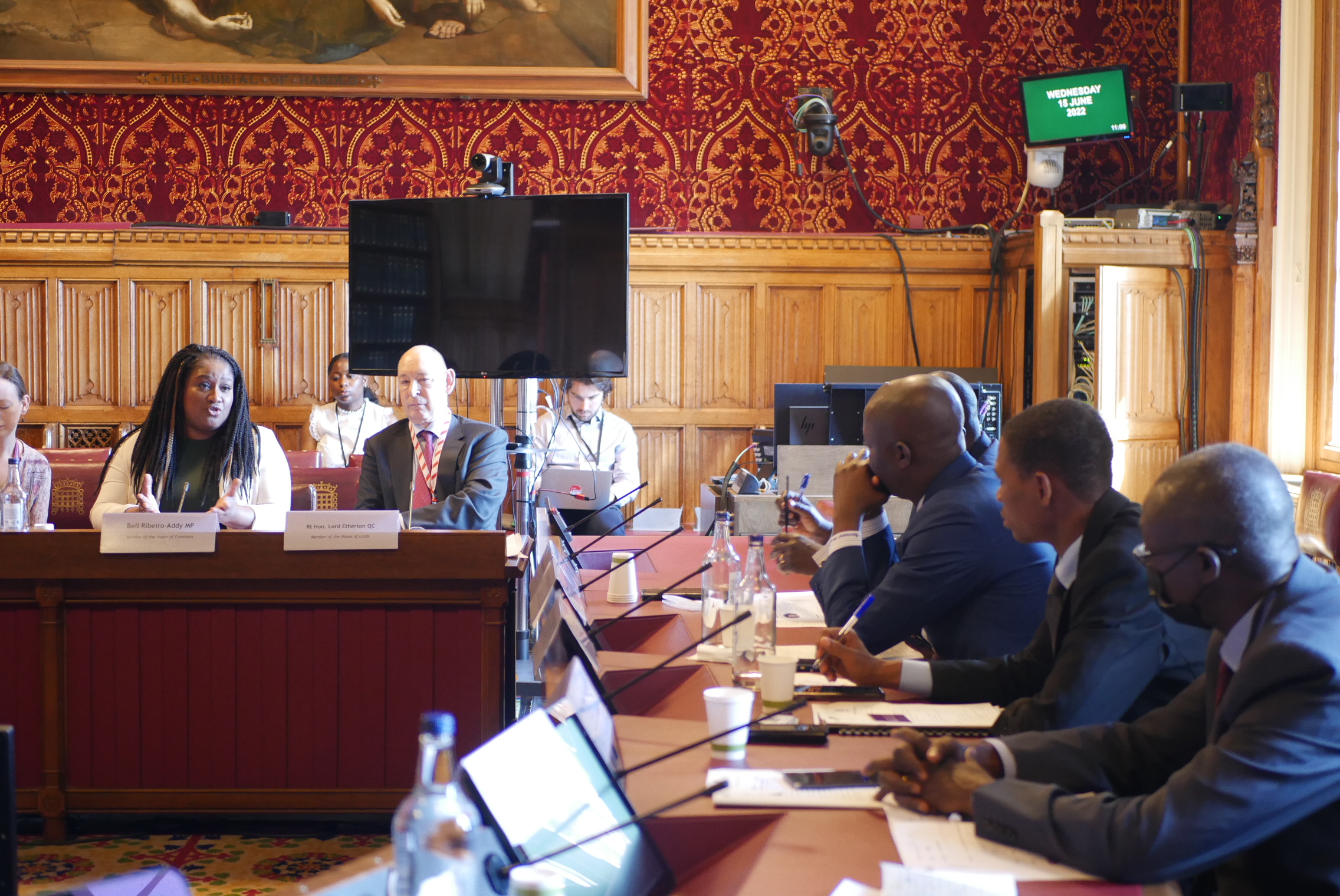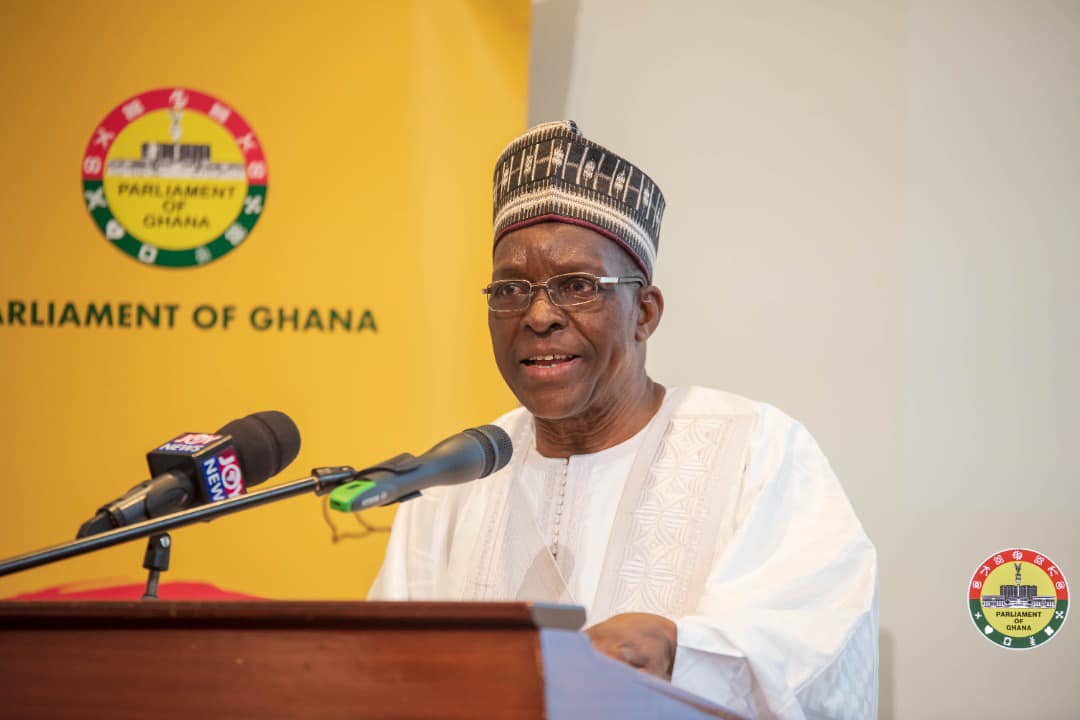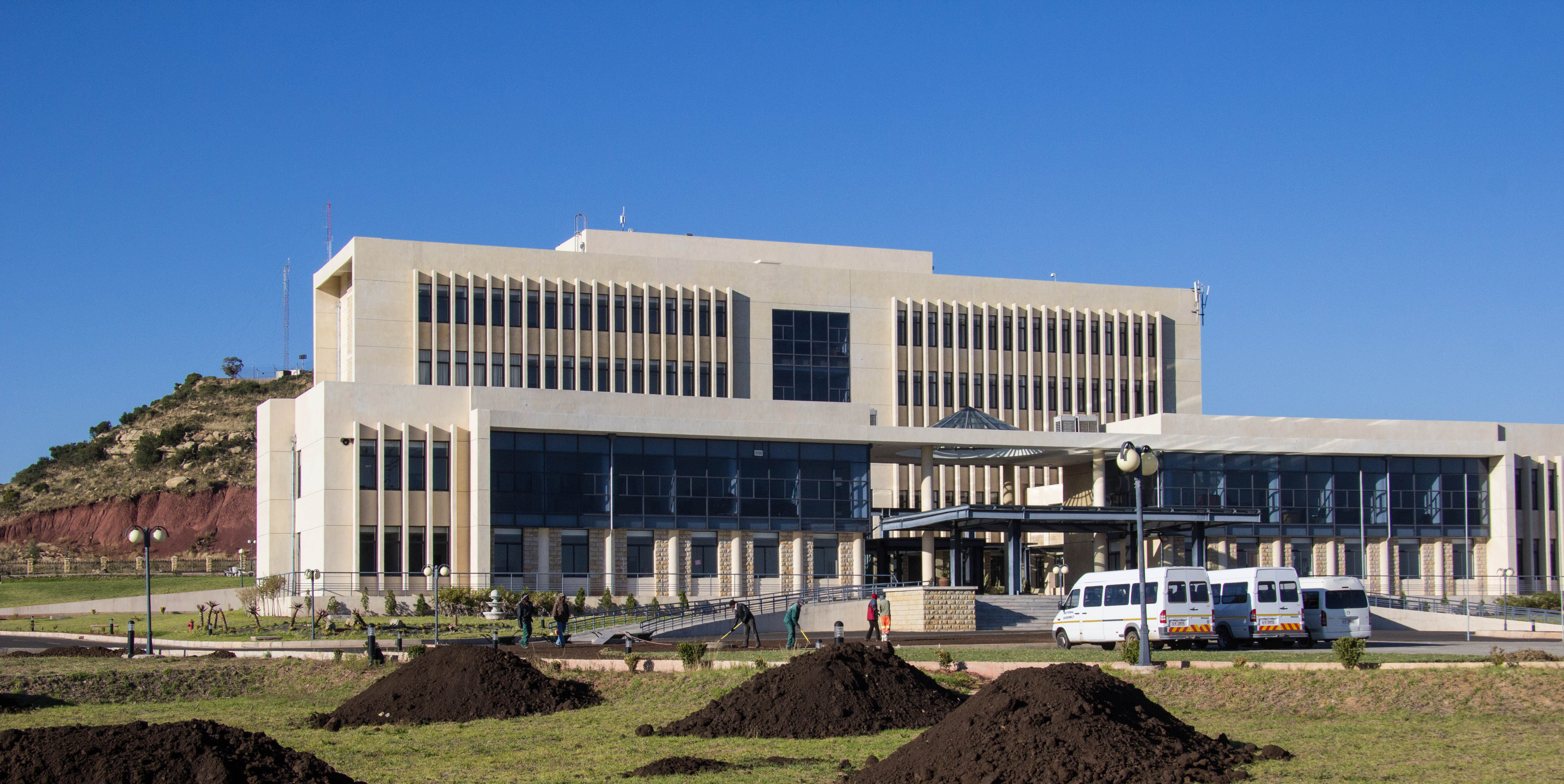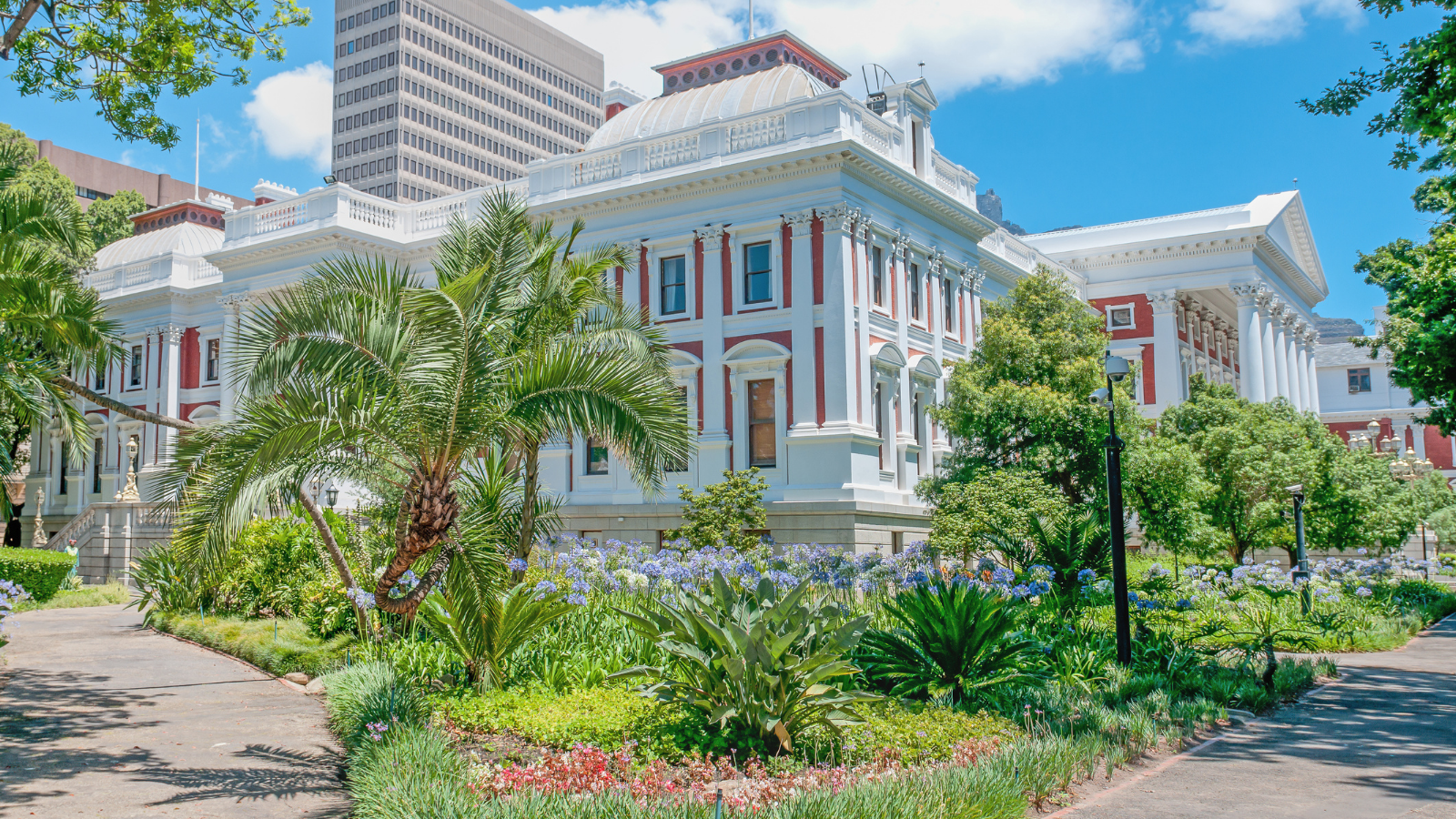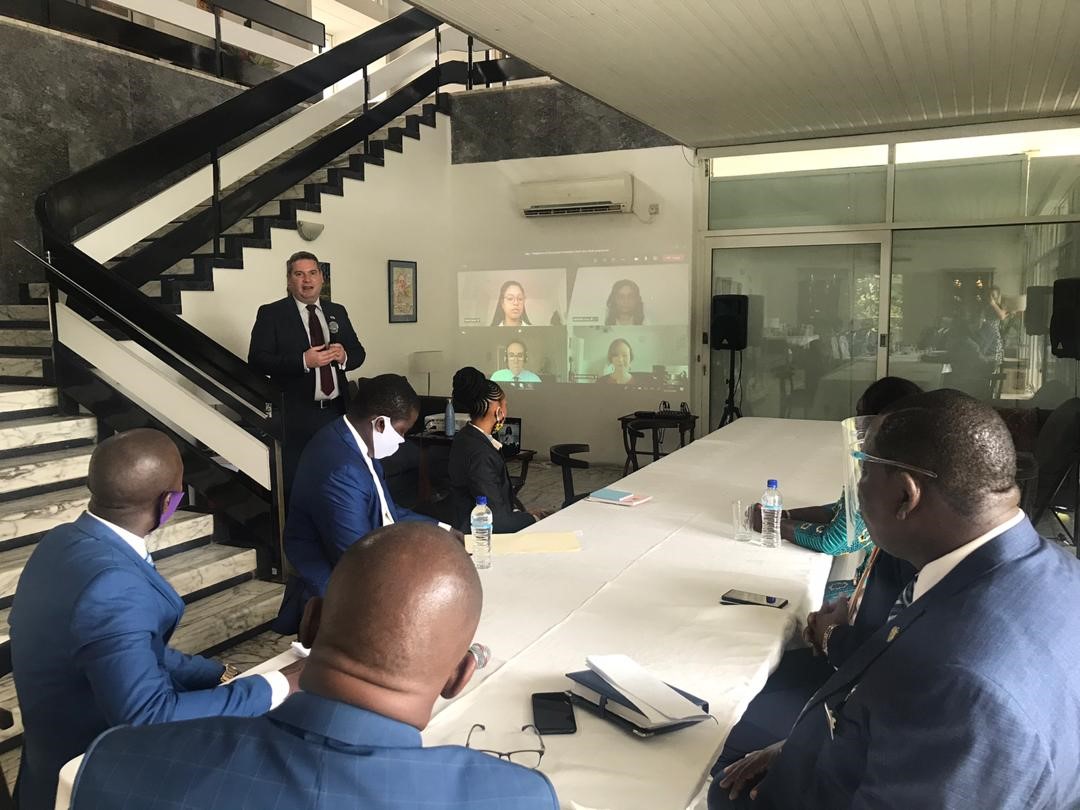Sierra Leone - Bilateral Visit by UK MPs
Published 07 December 2018
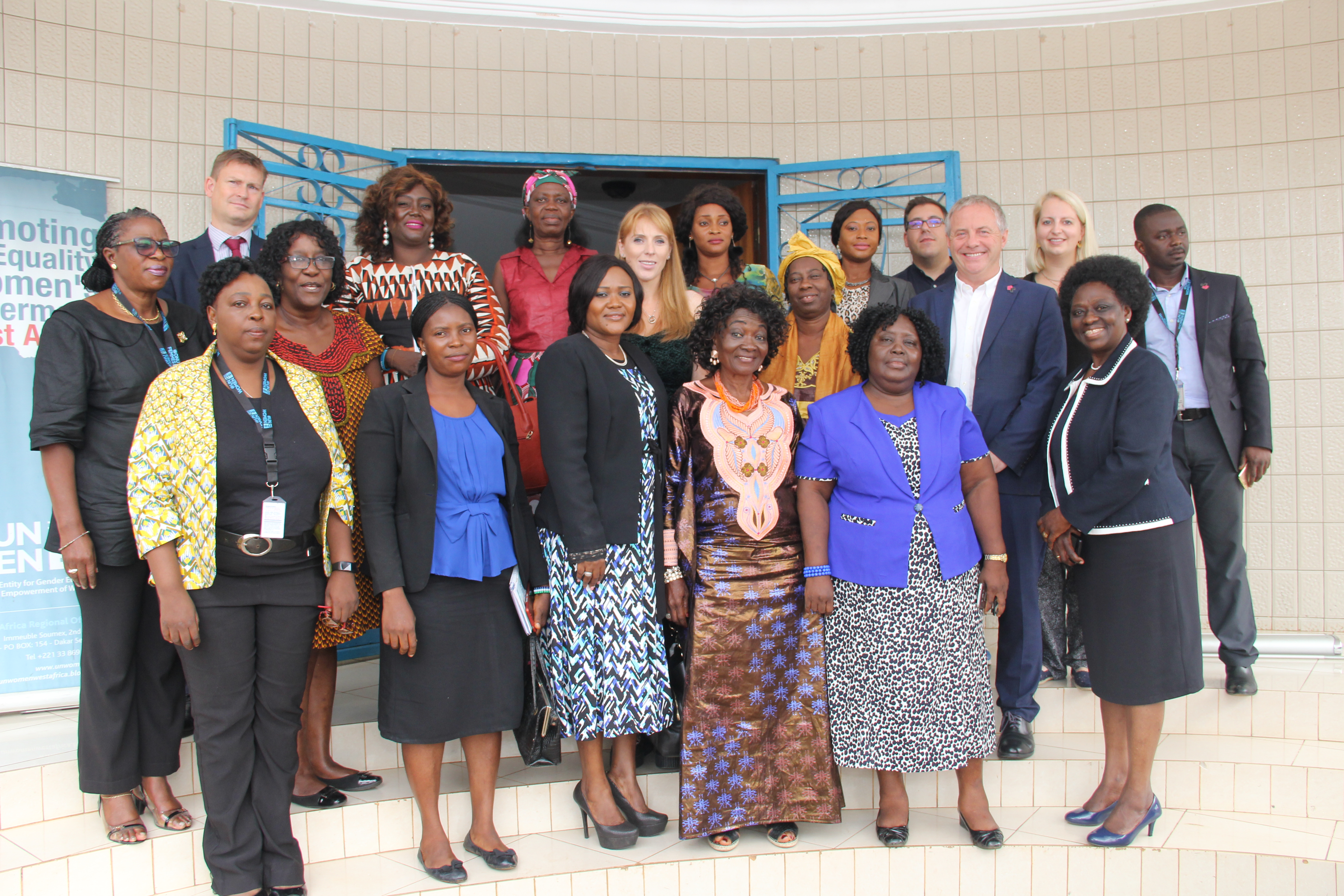
From 17 to 21 September 2018, a CPA UK delegation led by John Mann MP visited Sierra Leone. The delegation, which also included Angela Rayner MP and Justin Madders MP, held two days of diplomatic meetings to increase their understanding of the Sierra Leone political context ahead of their three-day Post Election Seminar at the Parliament of Sierra Leone.
The UK delegation had the honour of meeting H.E. President Julius Maada Bio at the State House in Freetown. The President welcomed the delegation to Sierra Leone and a discussion took place on the current political climate in the country following the general elections in March 2018. The President also spoke about his new Free Quality Education policy, which had officially been launched the day before the meeting took place. The UK delegation commended the President for his efforts to improve access to education in Sierra Leone.

Delegation leader John Mann MP and H.E. President Bio
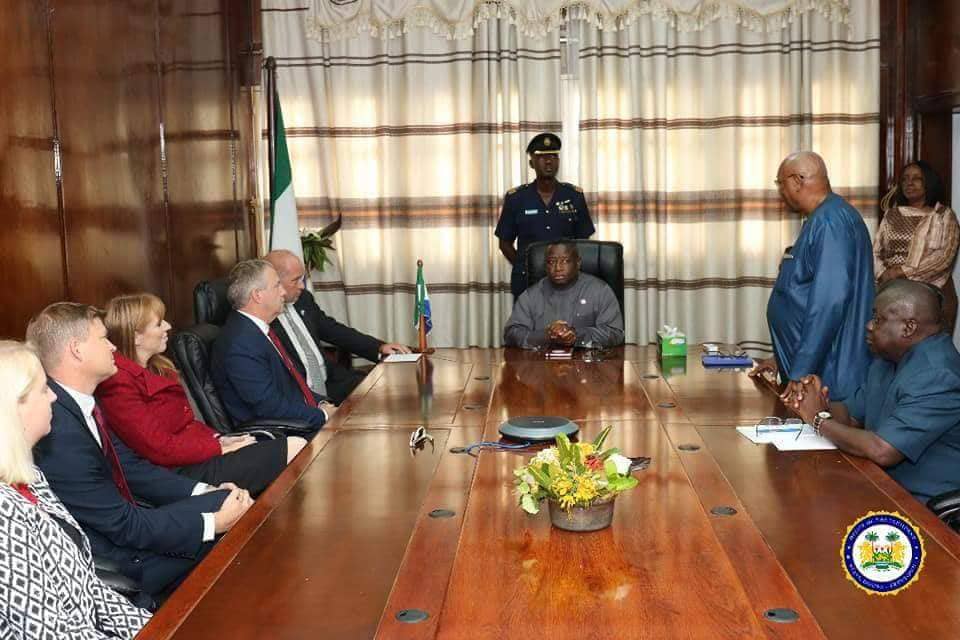
Meeting with H.E. President Bio
The UK helped to end Sierra Leone’s 1992 civil war and provided large scale support when Ebola struck in 2014. Providing sustainable support is a key objective of the UK’s investment in Sierra Leone, which will amount to more than £130 million in 2018/19. Of this, 68% (£90.8m) is bilateral support, largely provided by the Department for International Development (DFID) (£88.4 million).
The CPA UK delegation met with the British High Commission and DFID to learn more about how this money is invested. DFID has partnered with the United Nations Office for Project Services (UNOPS) to stabilise the site where in August 2017 a mudslide cost the lives of more than 1,000 people. The delegation visited the site and UNOPS Country Manager Nick Gardner explained how they are planting trees and creating riverbanks to prevent future mudslides.
DFID is also investing in the health system to reduce the very high number of women and young children who die each year. The delegation visited a Marie Stopes International (MSI) sexual health outreach service, previously supported by DFID, in rural Waterloo. Mr Ufuoma Festus Omo-Obi, head of MSI Sierra Leone, introduced the delegation to local staff that provide women and girls with family planning, sexual reproductive health counselling and maternal and child health services. The delegation talked to women and girls that were using the service. They emphasised how important access to these health services are for them as it allows them to continue their school or job, in a country with one of the highest rates of teen pregnancy in the world.
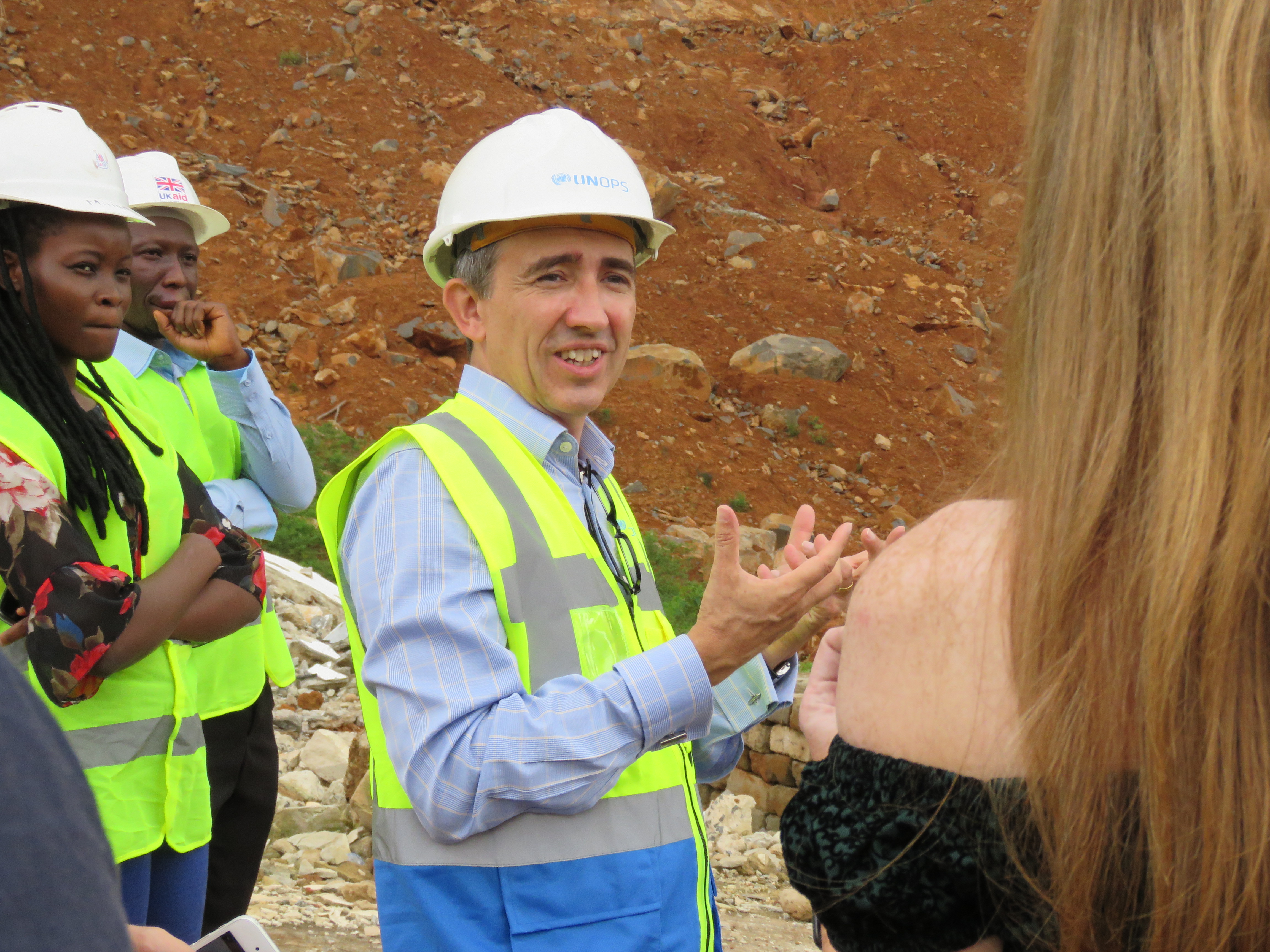
UNOPS Country Manager Nick Gardner explaining their work to stabilise the mudslide site
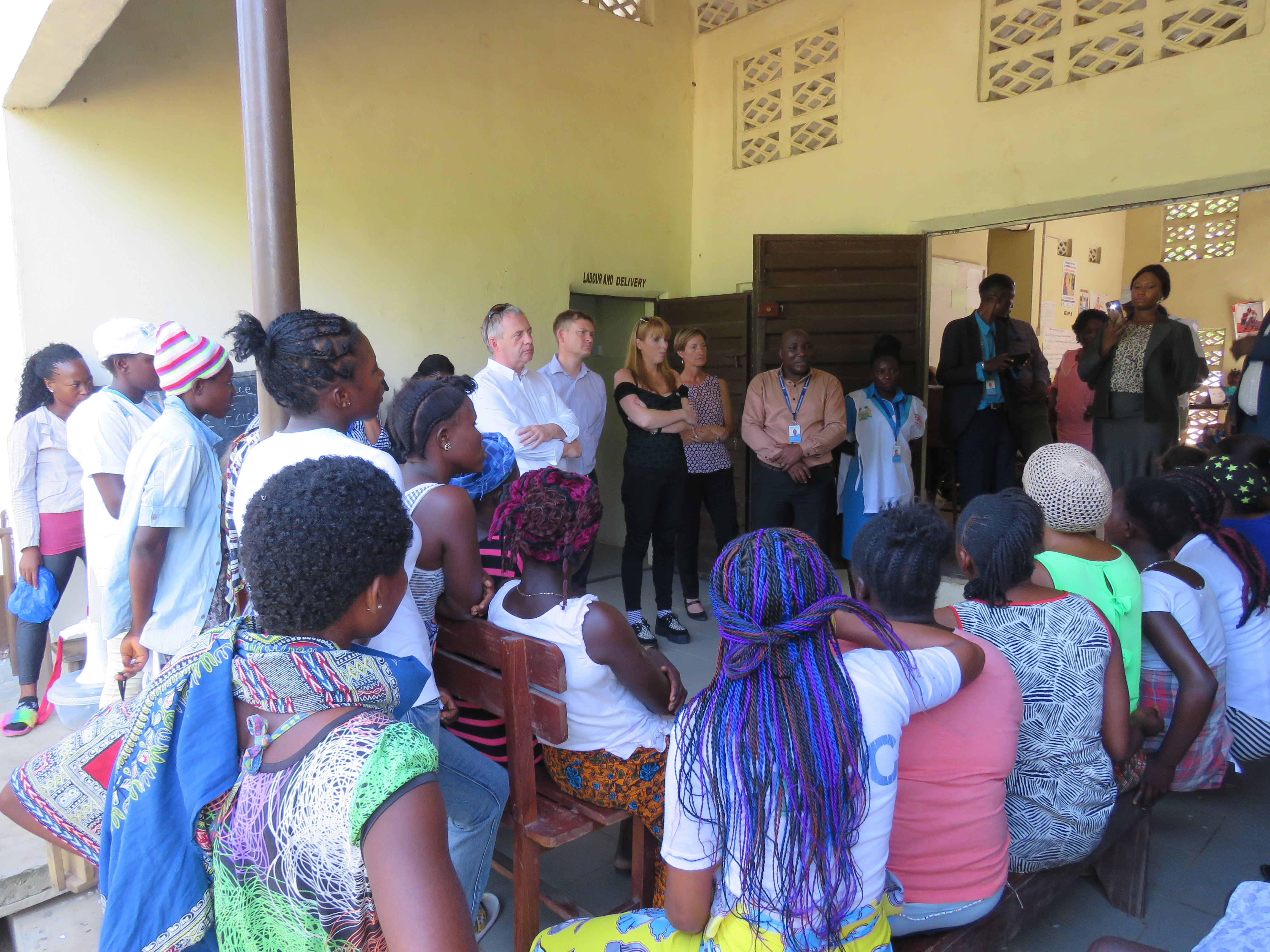
Visiting a Marie Stopes International Outreach Service
To learn more about the position of women in Sierra Leone, the delegation visited UN Women. Country Representative Mary Okumu briefed them on the difficult situation of women in Sierra Leone. Sierra Leone has the highest maternity mortality rate in the world and women suffer from widespread gender-based violence. Political representation of women is limited, so UN Women has recently founded a non-political platform to develop women’s skills and to strengthen women's participation in national politics and public service.
The Women’s Shadow Parliament Sierra Leone (WSP-SL) is modelled on a similar initiative in Kenya, which has existed since 2003. WSP-SL Members shared their experiences with the UK MPs, who encouraged them to continue their important work and to work collaboratively with stakeholders across the country.
Five years ago, the Institute for Government Reform (IGR) was founded in an attempt to bridge the gap between national policy and the citizens of Sierra Leone. IGR is an independent, multi-disciplinary research body and the UK delegation met with its Director, Mr Andrew Lavalie. He shared some of the key outcomes of their research, including the strong sentiment of Sierra Leoneans feeling detached from politics and parliament and wanting greater transparency on public assets. He also noted the high turnover of parliamentarians and the challenges for women to enter politics, both of which threaten democracy in Sierra Leone.
As the First Lady of Sierra Leone was due to attend the Illegal Wildlife Trade Conference in London the following month, the UK delegation was interested in learning about wildlife conservation. They visited the Tacugama Chimpanzee Sanctuary, a 100-acre sanctuary for more than 80 orphaned and habituated chimpanzees. They learned how Tacugama works with schools to improve education about the protection of wildlife in Sierra Leone.
The CPA UK delegation wishes to thank all the stakeholders they met with for sharing their expertise and insights with them. They look back on a productive, informative and worthwhile bilateral visit. To read more about the Post-Election Seminar held at the Parliament of Sierra Leone, please see this article by delegation leader John Mann MP.
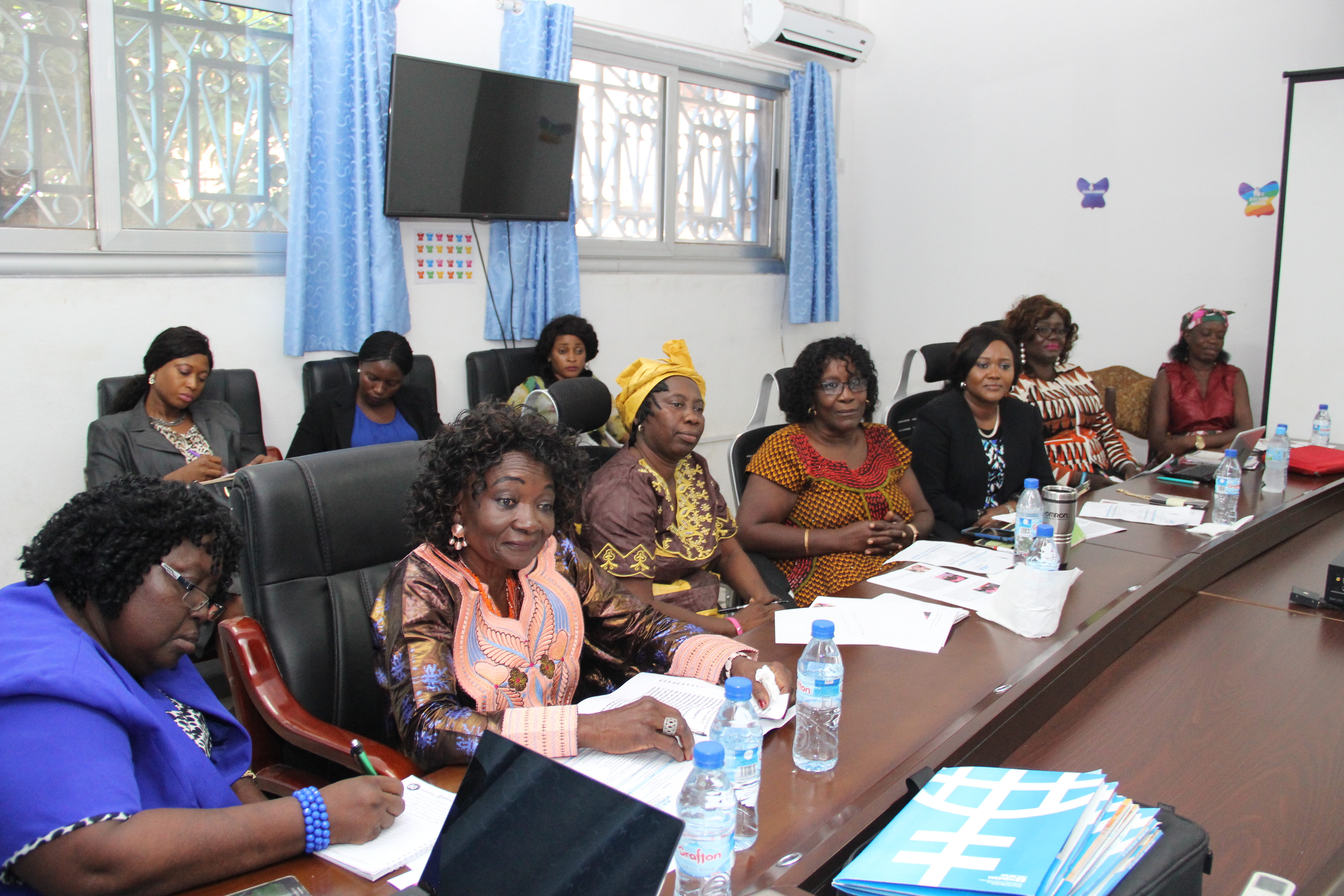
Meeting with the Women's Shadow Parliament Sierra Leone at UN Women
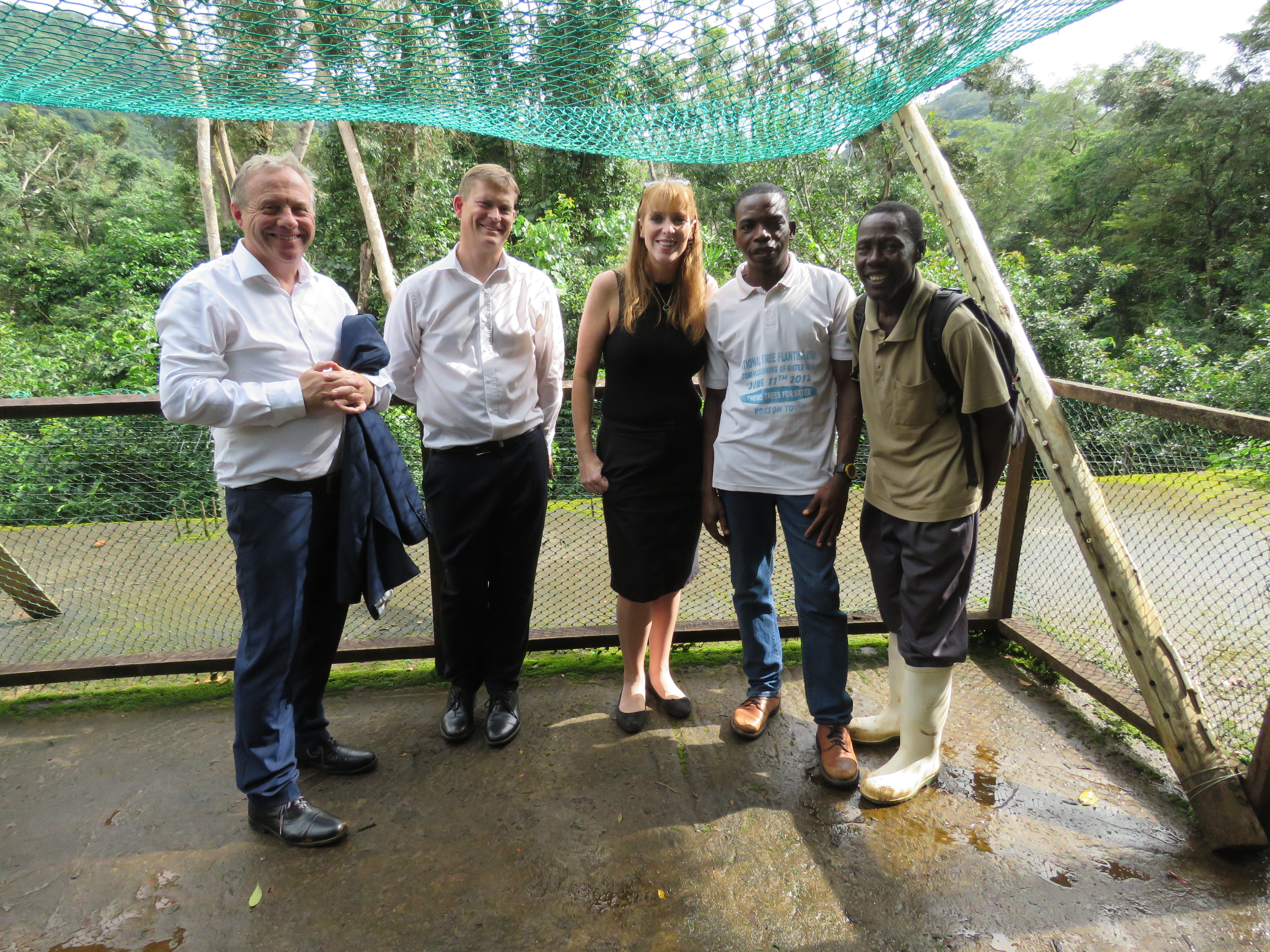
Visit to the Tacugama Chimpanzee Sanctuary to learn about wildlife conservation
